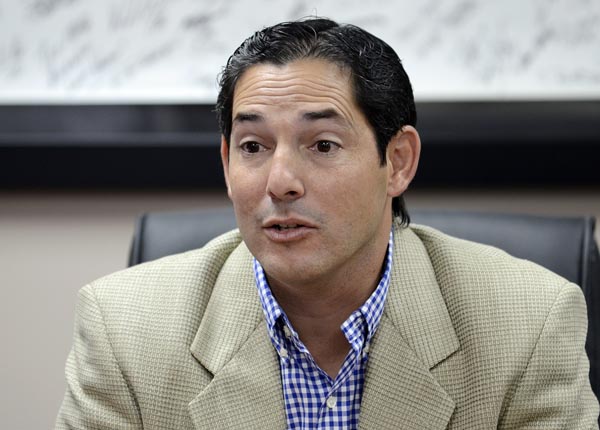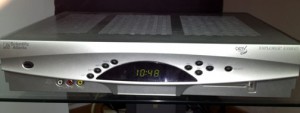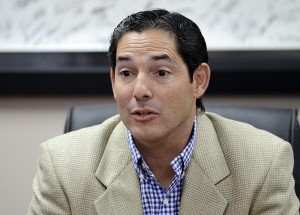OneLink gets FCC OK to access broader set-top box market, clients could see savings

The Federal Communications Commission has granted a petition submitted by OneLink Communications late last year that could potentially represent savings for clients who pay monthly rental fees for their high-definition or DVR set-top boxes.
In its decision issued last week, the FCC granted a three-year waiver that allows OneLink to be able to purchase its set-top equipment from a broader market “at more reasonable prices and that we can use to support all of the new services that we’re planning to launch,” said Jorge Hernández, OneLink’s vice president of operations.
“We’re going to be able to purchase modern boxes with many functions,” he said.
In its order, the FCC essentially eliminated OneLink’s requirement of complying with the OpenCable Application Platform, which by definition “intended to enable the developers of interactive television services and applications to design such products so that they will run successfully on any cable television system in North America, independent of set-top or television receiver hardware or operating system software choices.”
In other words, set-top boxes had to be designed so that consumers could take them wherever they lived throughout the nation, as they would work with any cable system.

Prior to the FCC’s decision, an OCAP-compliant set-top box cost an average of $600, which OneLink passes off to consumers through the monthly lease of $4.99 for a regular converter box and $7.99 for the HD/DVR device.
But in Puerto Rico, where there are three cable carriers and people tend to rent their cable boxes from the provider rather than buy them, the limitation hindered OneLink’s development, the executive said.
“The OCAP requirement pursued giving clients the ability to pick where they wanted to get their equipment. That they would be able to go to any retailer and buy a box, like a TiVo receiver, and have it work with the cable provider,” Hernández said. “What’s happened in Puerto Rico is that the availability of that type of equipment is not generalized, and the few clients we have using CableCards are able to without a problem.”
OneLink has about 165 clients who use third-party boxes, such as the TiVo equipment, or television sets requiring CableCards to get OneLink’s programming, he said.
Prior to the FCC’s decision, an OCAP-compliant set-top box cost an average of $600, which OneLink passes off to consumers through the monthly lease of $4.99 for a regular converter box and $7.99 for the HD/DVR device. Non-OCAP compliant boxes are about 50 percent to 80 percent cheaper for the provider, which subsidizes the equipment and usually must wait several years to see the return on its investment.
Hernández could not specify how much OneLink clients could save once the less expensive boxes are available because “we’re in the process of identifying the inventory of equipment available in the market to see where we can buy them and the price we’re able to negotiate.”
OneLink expects to receive the first non-OCAP compliant boxes in the next 60 days.
“The important thing is that once we finish our digital conversion project in June, we’ll be coming in with ideas for new services and these boxes are key to be able to offer them,” Hernández said. “This is great news because it speeds up our being able to offer more reasonable costs to our clients and broaden the scope of home entertainment options.”
Liberty, Choice first to benefit from waiver
While OneLink is now gearing up to expand its set-top box portfolio, Liberty Cable and Choice anticipated the need for flexibility several years ago and are now getting their waivers renewed.
Choice got its petition approved in August 2011, while Liberty got the go-ahead in the same order the FCC issued for OneLink’s.
“Many years ago, Liberty concluded we didn’t have competition, and people don’t move and don’t take the box with them when they do, so we asked for the waiver to be able to offer less expensive boxes,” said Naji Khoury, executive director of Liberty, noting the company has less than 300 CableCard customers.
Liberty currently includes one box in its basic video service, charging $5 a month for an additional basic box, $10 a month for an HD box and $15 a box for a DVR box, he said.








